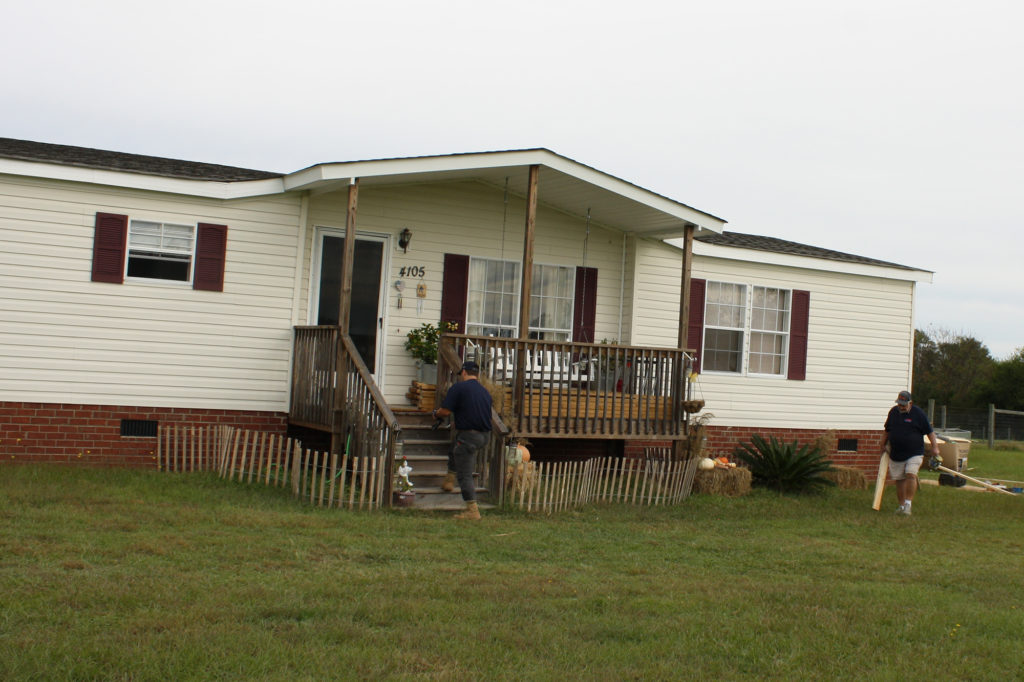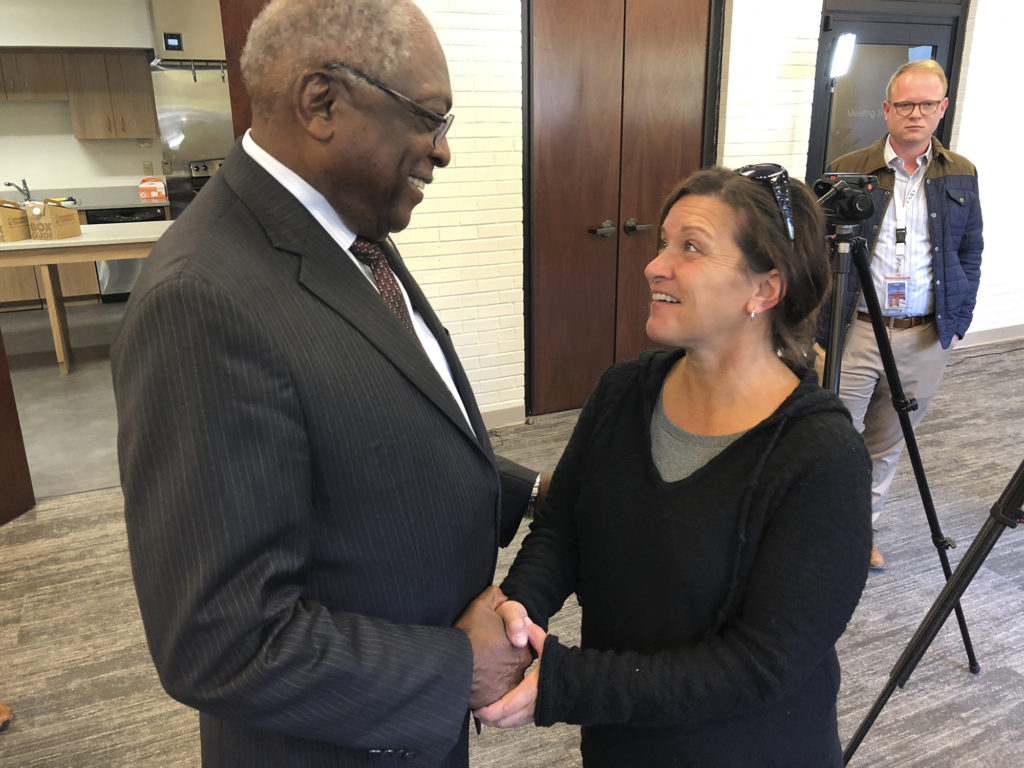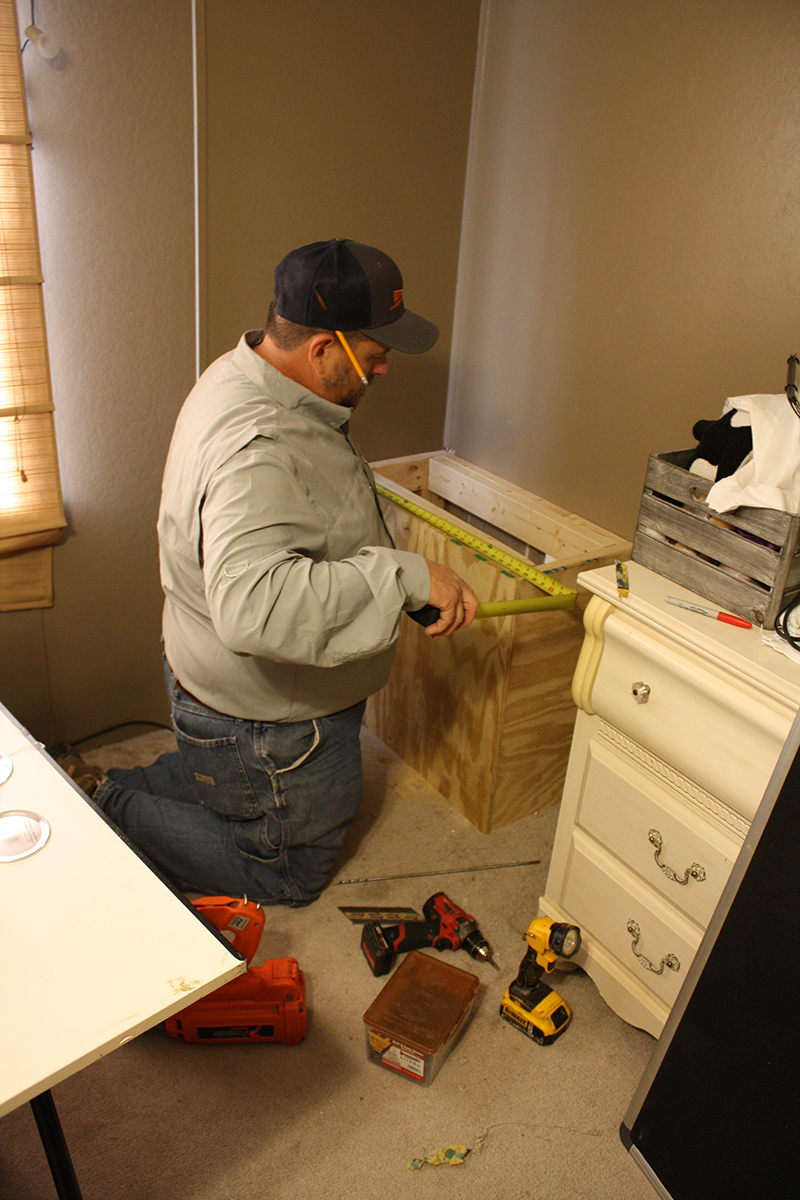
Energy efficiency improvements can pay for themselves in savings, and when they’re fully financed with loans that can be repaid on monthly power bills, consumers have an added incentive to make cost-saving upgrades.
“Electric cooperatives can make the loans available to their members at 3 percent interest under the USDA’s Rural Utilities Service Rural Energy Savings Program (RESP),” said Lindsey Smith of KW Savings Co. The not-for-profit enterprise administers “Help My House” initiatives for participating electric co-ops in South Carolina.
RUS has made up to $100 million available for RESP loans during the 2019 fiscal year, which began Oct. 1. Participating co-ops can obtain funds from the pool at zero percent interest and use them to help consumer-members make long-awaited efficiency improvements without having to make down payments.
“RESP gives us the opportunity to make more of the energy upgrades consumers need, like high-efficiency heat pumps, attic insulation, caulking, weatherstripping and other improvements that can help make their homes more comfortable year-round,” said Smith.
Those improvements not only help co-op members control their electricity costs, but the savings are designed to be “bill neutral.” That means the monthly savings achieved through the efficiency upgrades offset the monthly loan payments.
“The energy savings for the consumer typically are more than enough to cover the finance costs,” said Smith. “And because the loans are bound to the home’s meter, and not to the homeowner, traditional credit checks are not needed.”
The availability of the new RESP funding from RUS is timely because co-ops typically start hearing from members concerned about high bills as heating season gets under way.
In some cases, the program is being used to give members who get energy audits options for financing energy-saving improvements and upgrades. That’s particularly attractive for higher-cost improvements they otherwise might delay or avoid because of upfront costs.
“For members who can’t afford to make the improvements co-ops typically recommend during audits, this program is a great option,” said Smith. “CEOs from our participating co-ops love how well it works for their members.”
About 24 percent of South Carolina co-op members live in manufactured housing, and as those units age, they can be particularly prone to air leaks. That can dramatically increase utility bills while homes can be uncomfortable during cold snaps and oppressive summer heatwaves.
“When you can’t pay your power bill with one whole paycheck, you have a problem,” said Diane Taylor of Monetta, South Carolina, recalling an electricity bill that topped $700 for one month of service. “I didn’t want to get the power bill out of the mailbox.”
Taylor is a member of South Carolina’s Aiken Electric Cooperative. The co-op enrolled her in its Help My House program, and contractors made improvements that included insulation, caulking and weatherstripping, a new energy-efficient heat pump with a thermostat, and sealed duct work.
“I’ve had power bills as low as $190,” said Taylor. “That includes the $100 we pay monthly for the loan.”

Taylor estimates her family is saving about $250 a month, compared to bills before the upgrades. Other members who’ve participated in the RESP loan program since Aiken EC first offered it have also reported savings outstripping the combined costs of the loan payments and their monthly energy bills.
“The Help My House program makes the members’ home more comfortable, saves them money and they are appreciative,” said Gary Stooksbury, CEO of Aiken Electric Cooperative. “If we are truly about the member, we should help them lower their energy costs.”
One of seven S.C. co-ops awarded the first RESP loan from RUS, Aiken Electric will lend another $5 million to members through its Help My House Program beginning in 2019.
“Our participating CEOs tell us that the minimal energy sales they lose by offering ‘Help My House’ are more than offset by increased member satisfaction,” said Smith. “Like Diane Taylor at Aiken Electric, their members become disciples for the co-op. They have more money for food, medicine and other basic needs. That helps the community and it’s good for the co-ops.”
Derrill Holly is a staff writer at NRECA.
